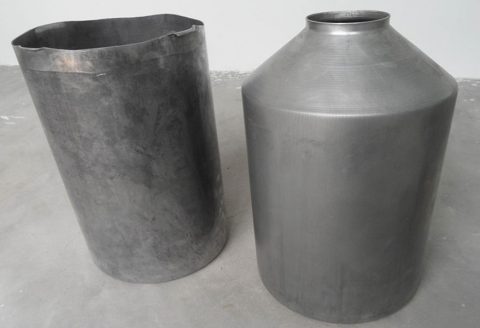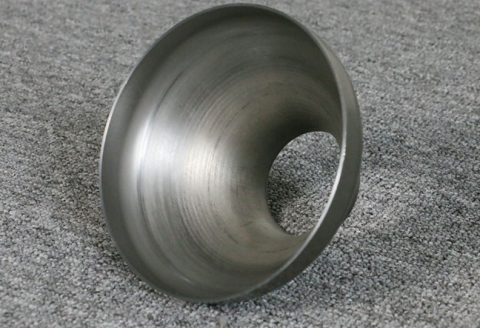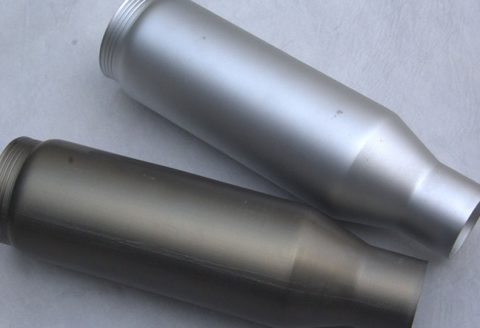Metal Automotive Spinning
The automotive industry is known for its continuous innovation, demanding high-quality components that meet stringent performance and safety standards. Metal CNC spinning has become a key manufacturing process in the automotive sector, offering precision, efficiency, and versatility in producing a wide range of metal components. From engine parts to exhaust systems and decorative trim, CNC spinning plays a crucial role in shaping the future of automotive design and performance.
Metal CNC spinning, or computer numerical control spinning, is an advanced form of metal spinning that utilizes computer-controlled machines to shape flat metal discs or sheets into desired forms. This automated and precise process has found widespread use in the automotive industry for producing various components with complex geometries and tight tolerances.
The CNC spinning process starts with a flat metal blank, typically made from materials like aluminum, stainless steel, or titanium. The blank is clamped onto a CNC spinning machine, which rotates it at high speed. As the machine spins, specialized CNC-controlled tools and rollers apply pressure to shape the metal into the desired form, such as wheels, rims, exhaust pipes, or engine components. This controlled and automated forming process ensures uniformity, accuracy, and repeatability in the production of automotive components.


